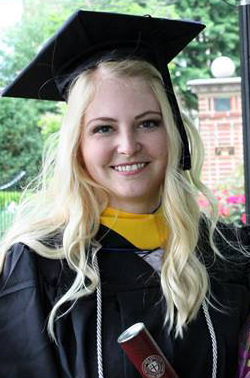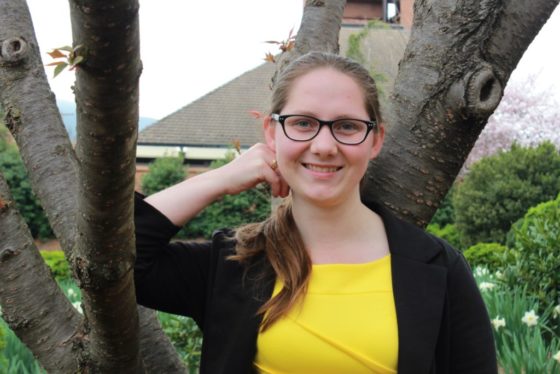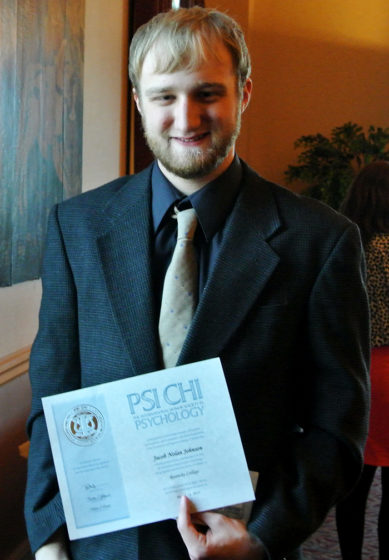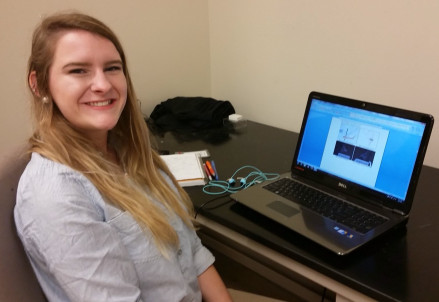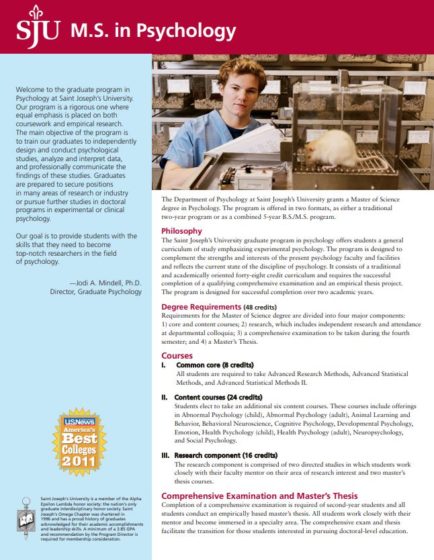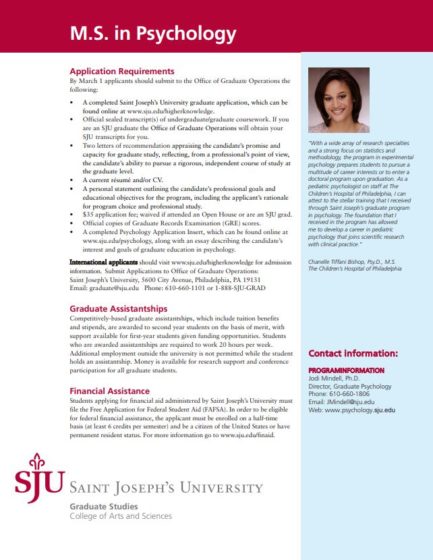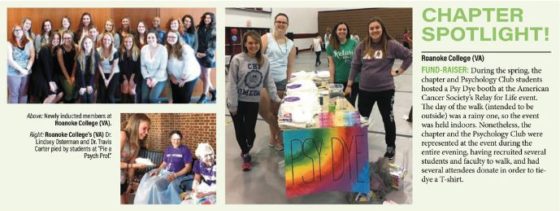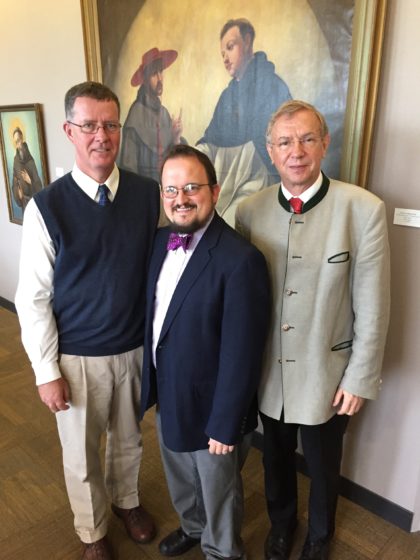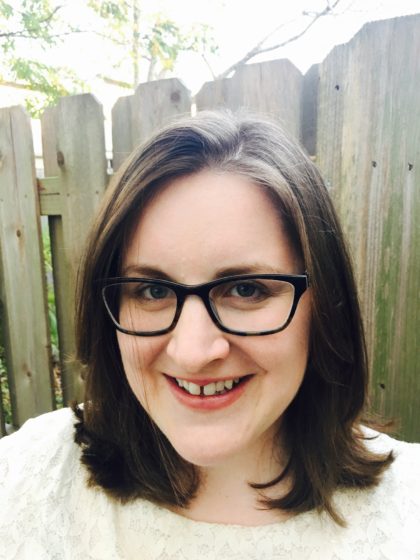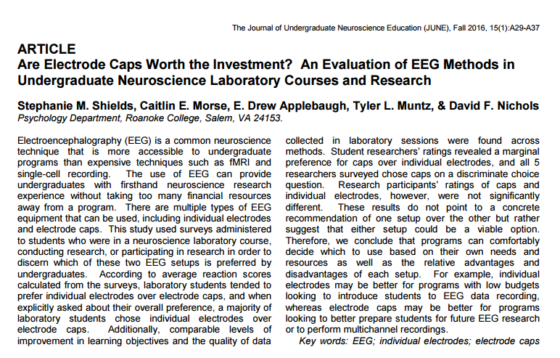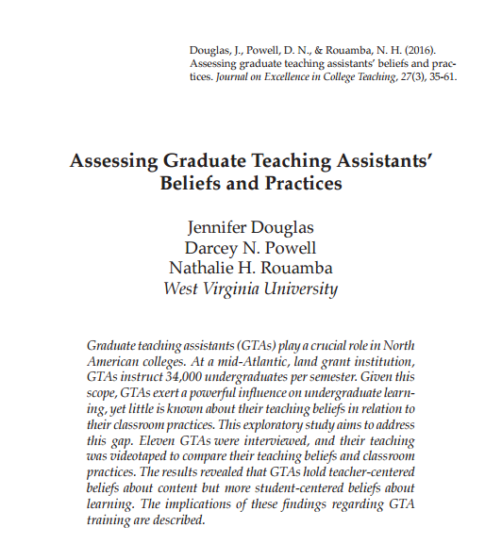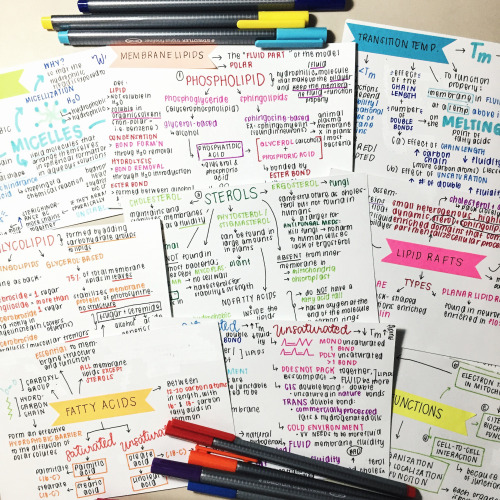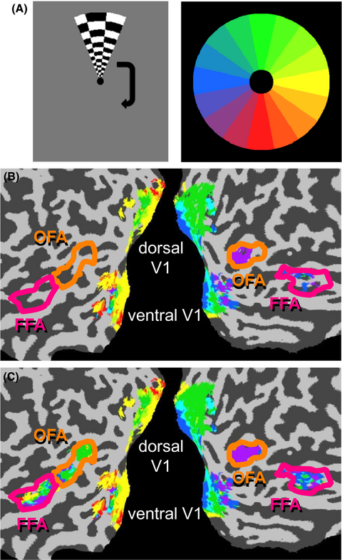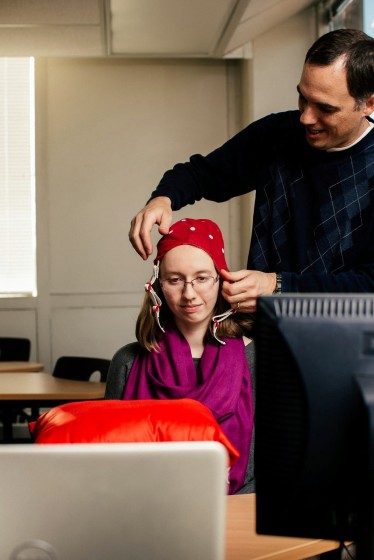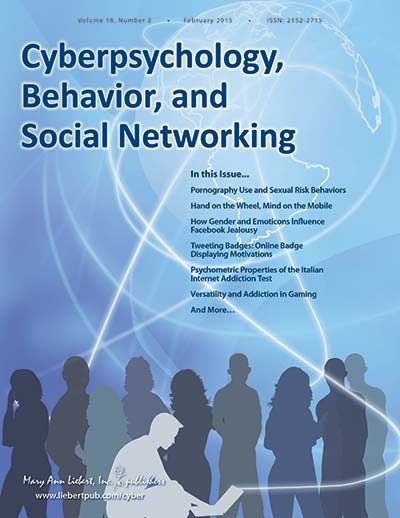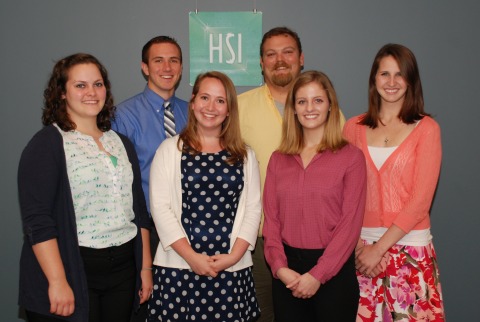We are thrilled to share some exciting news from the Psychology Department! Congratulations to Dr. Findley-Van Nostrand and Roanoke alum, Benjamin Campbell, on their recent publication of the research article titled, “Goals for, Insecurity in, and Self-Perceptions of Peer Status: Short-Term Longitudinal Associations with Relational Aggression and Prosocial Behaviors in Emerging Adults.”
Dr. Findley-Van Nostrand, a highly valued member of our department, and Ben, who is currently pursuing his master’s degree at LMU Munich in Germany, have made significant contributions to understanding the complexities of peer status and its impact on behaviors in emerging adults. Their study, conducted through a longitudinal approach in Academic Prolific, explores the intricate relationships between peer status, relational aggression, and prosocial behaviors over time. By examining both the aggressive and positive social behaviors associated with peer status, the study offers a comprehensive look at the factors driving social dynamics during a critical developmental period. To read more about their research and its findings, visit this link, or review their abstract below.
We are incredibly proud of Dr. Findley-Van Nostrand and Ben for their dedication and hard work that led to this publication. Their findings contribute to the broader understanding of social psychology and offer practical implications for fostering healthier social environments for emerging adults. Join us in congratulating Dr. Findley-Van Nostrand and Benjamin Campbell on this remarkable achievement!
Abstract:
“Research on relational aggression in adolescents suggests it is in part driven by the desire to attain and maintain enhanced status among peers, and recent work also suggests certain forms of prosocial behaviors are similarly status-motivated. However, these associations are not well understood in young adults. In this short-term longitudinal study across 8 months (N = 215), we examined whether relational aggression and two forms of prosocial behaviors (altruistic and public) are related to social goals for popularity and preference, social status insecurity, and self-perceptions of status (in terms of dominance and prestige) concurrently and over time in emerging adults (age 18–25). Social goals for popularity predicted increases in relational aggression and public prosociality and were negatively related to and predicted decreases in altruistic prosociality. Preference goals were concurrently negatively related to relational aggression and to public prosociality and were positively related to and predicted increases in altruistic prosociality over time. Social status insecurity moderated links between self-perceptions of status and aggressive/prosocial behaviors, which were largely non-significant without considering status insecurity. Finally, tests of indirect effects suggest that aggression and prosociality mediate associations between popularity goals and self-perceptions of dominance. Findings suggest that strategic use of aggression and prosociality may not be developmentally limited to adolescence.”
Get Connected!
Blog: https://psych.pages.roanoke.edu/
Facebook: https://www.facebook.com/rcpsychology
Linked In: https://www.linkedin.com/groups/RC-Psychology-8140491/about
Website: http://www.roanoke.edu/inside/a-z_index/psychology
Instagram: rcpsychology




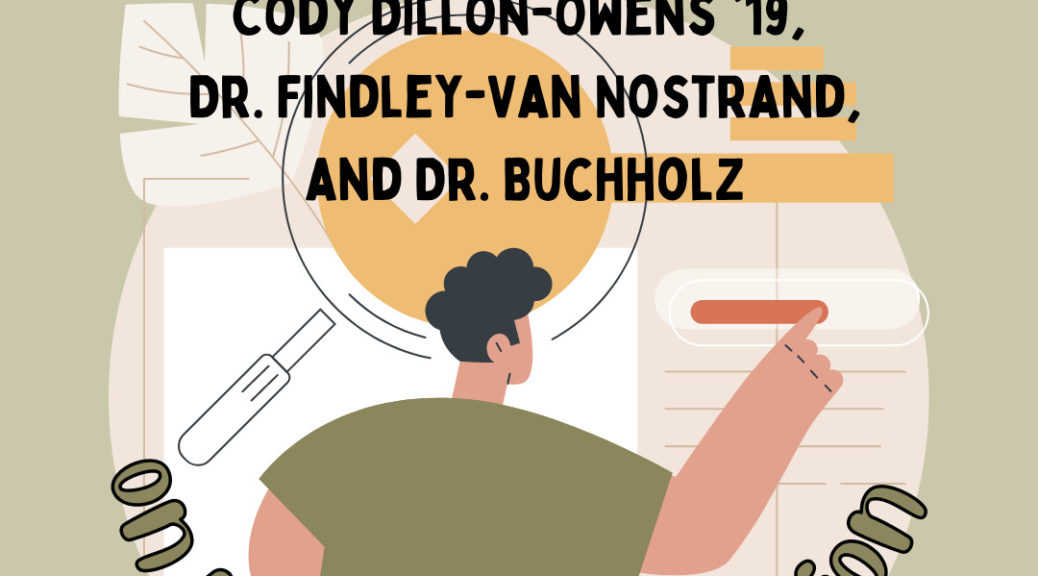
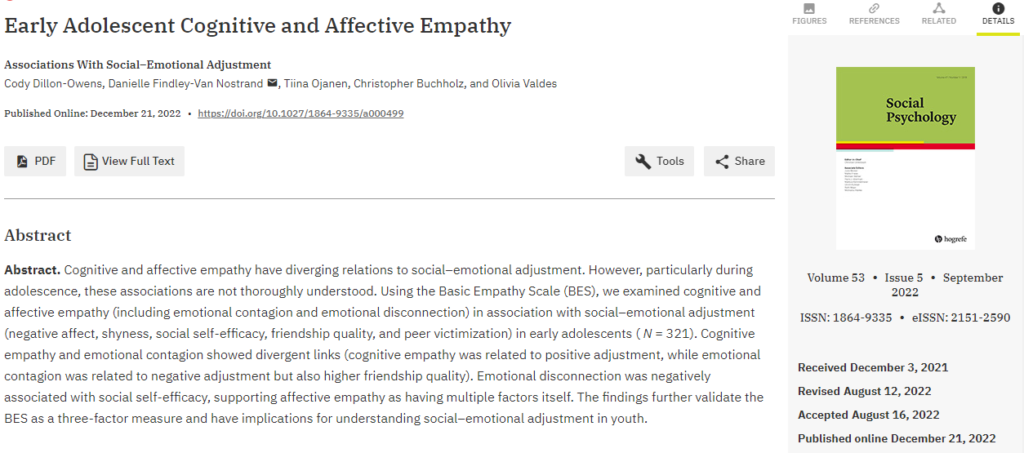
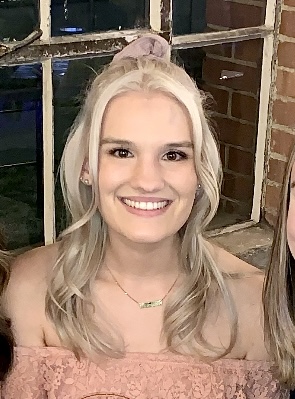
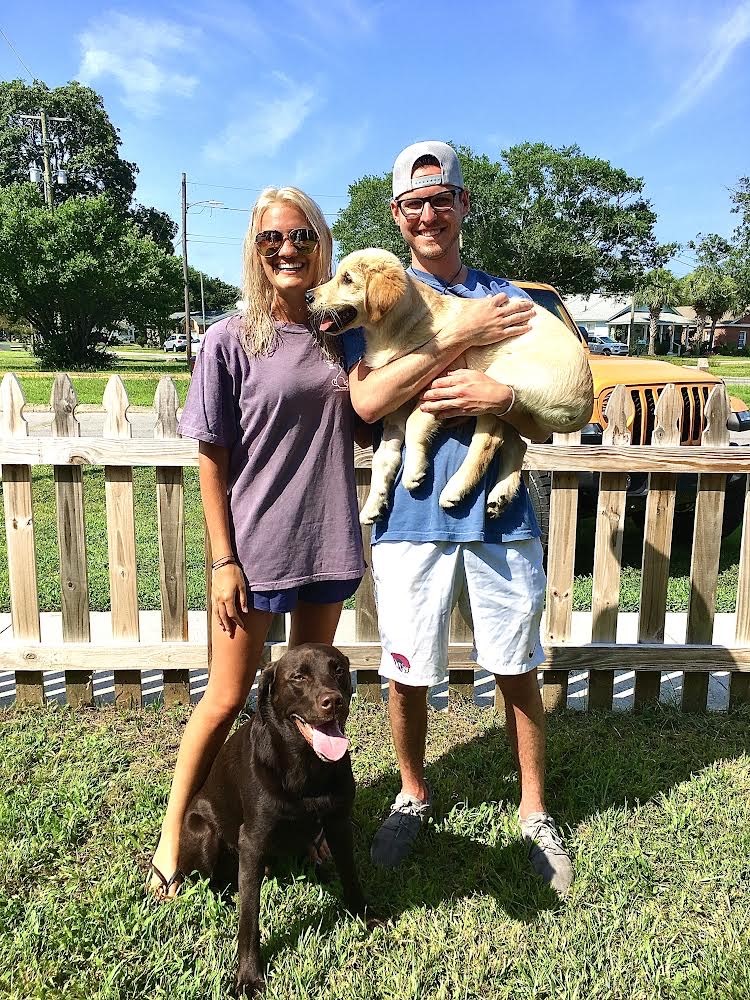


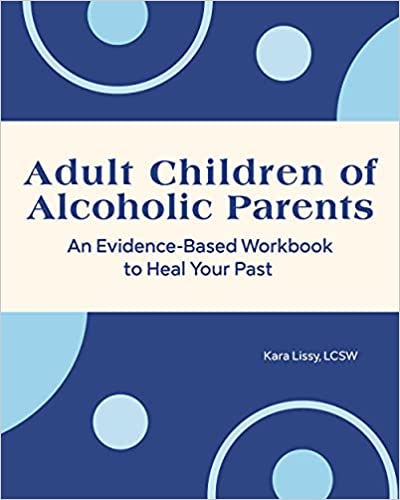


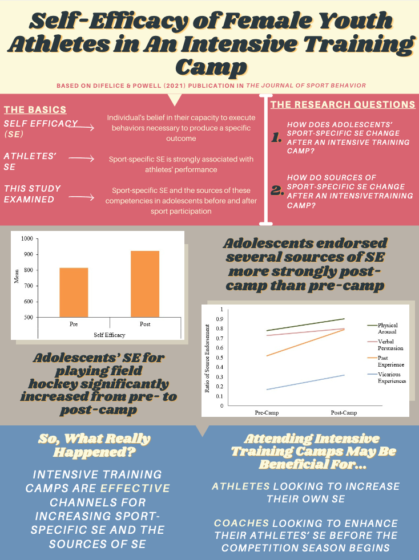



 Congratulations to
Congratulations to
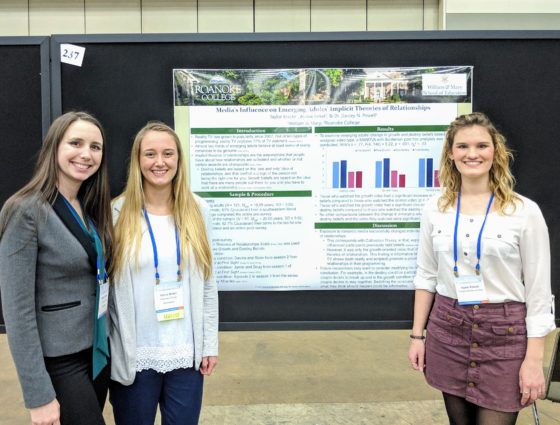
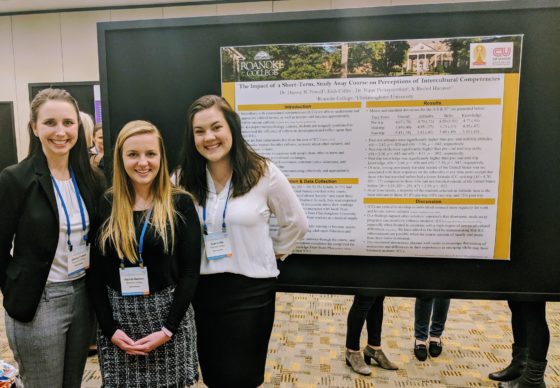
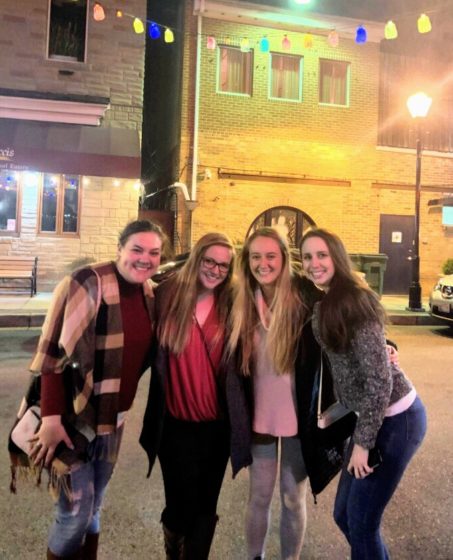
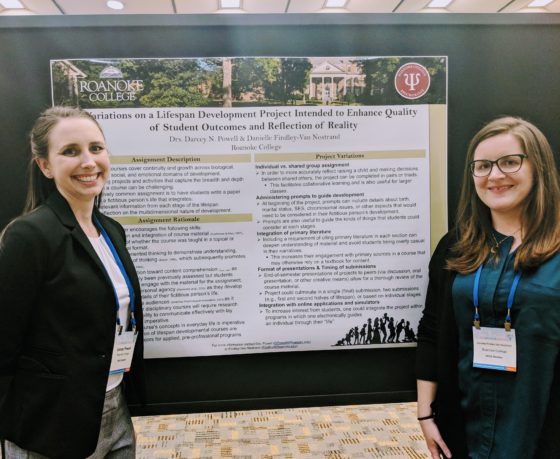
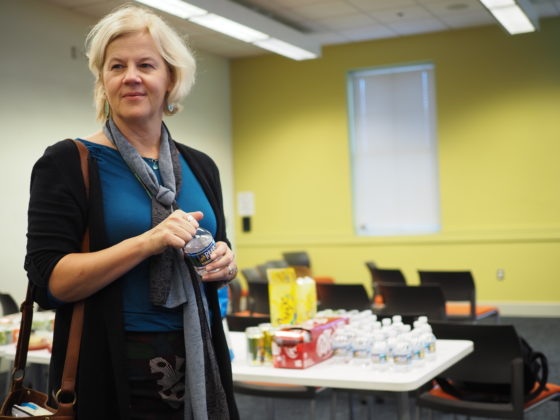
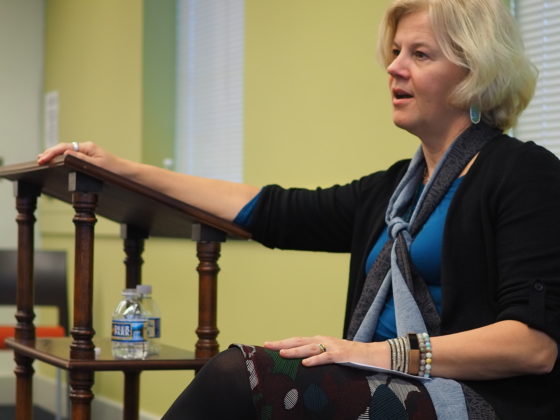
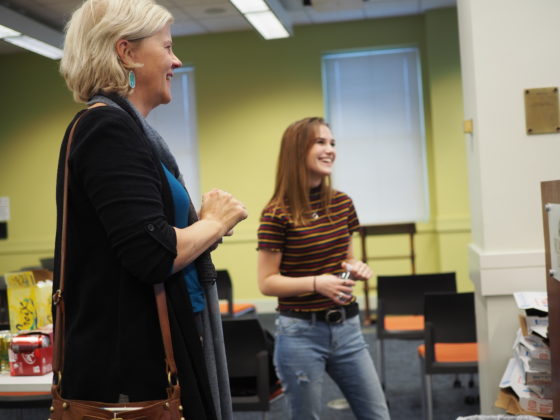
 wake of the
wake of the  Dr. Darcey Powell described how prenatal expectations differ from postnatal experiences and postnatal desires regarding the division of labor, and how they impact women’s adaptation to motherhood. In addition, Powell explained how important it is for parents with a young infant to find the time to discuss their desires regarding sharing the duty of caring for their little one. To learn more, listen below.
Dr. Darcey Powell described how prenatal expectations differ from postnatal experiences and postnatal desires regarding the division of labor, and how they impact women’s adaptation to motherhood. In addition, Powell explained how important it is for parents with a young infant to find the time to discuss their desires regarding sharing the duty of caring for their little one. To learn more, listen below.